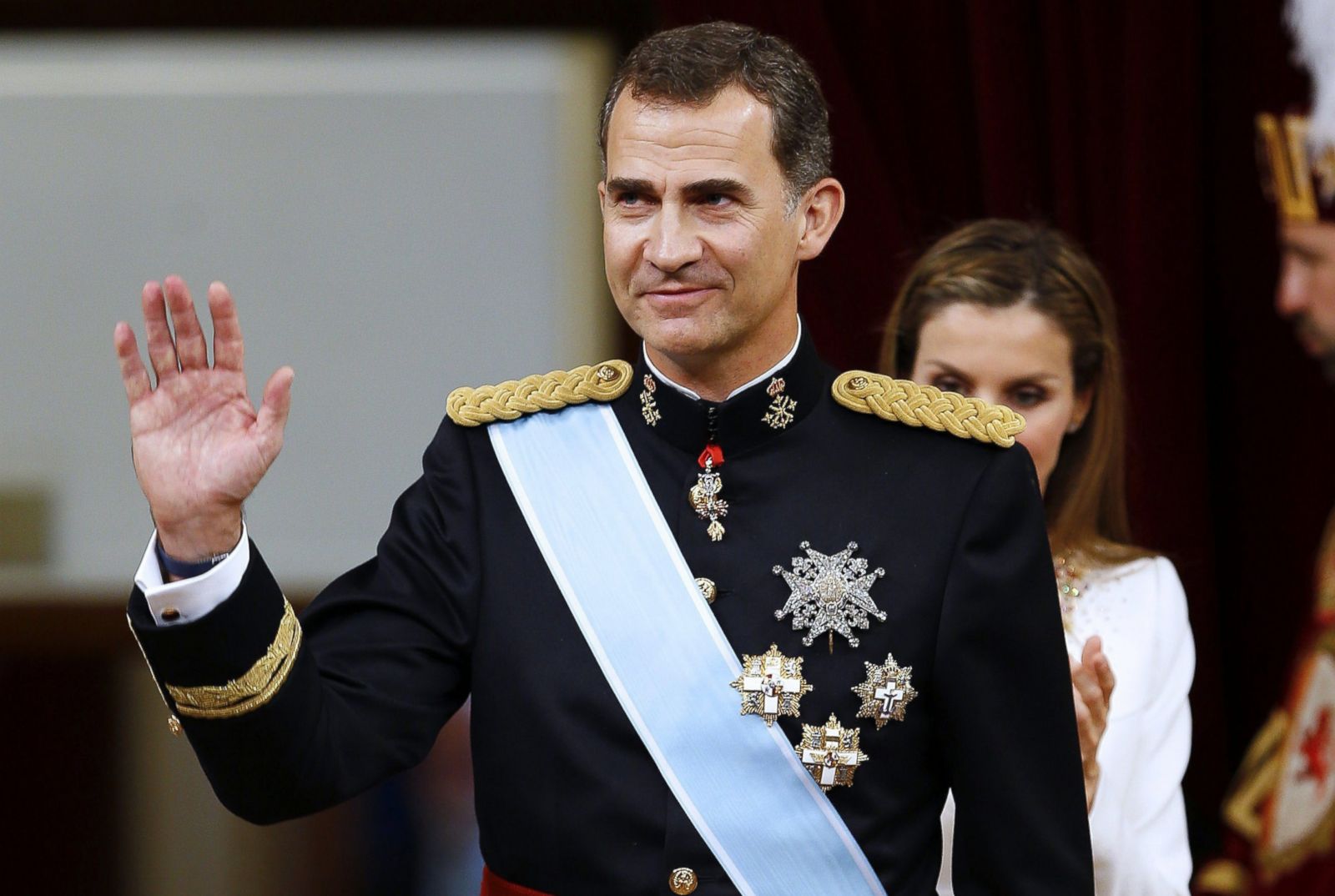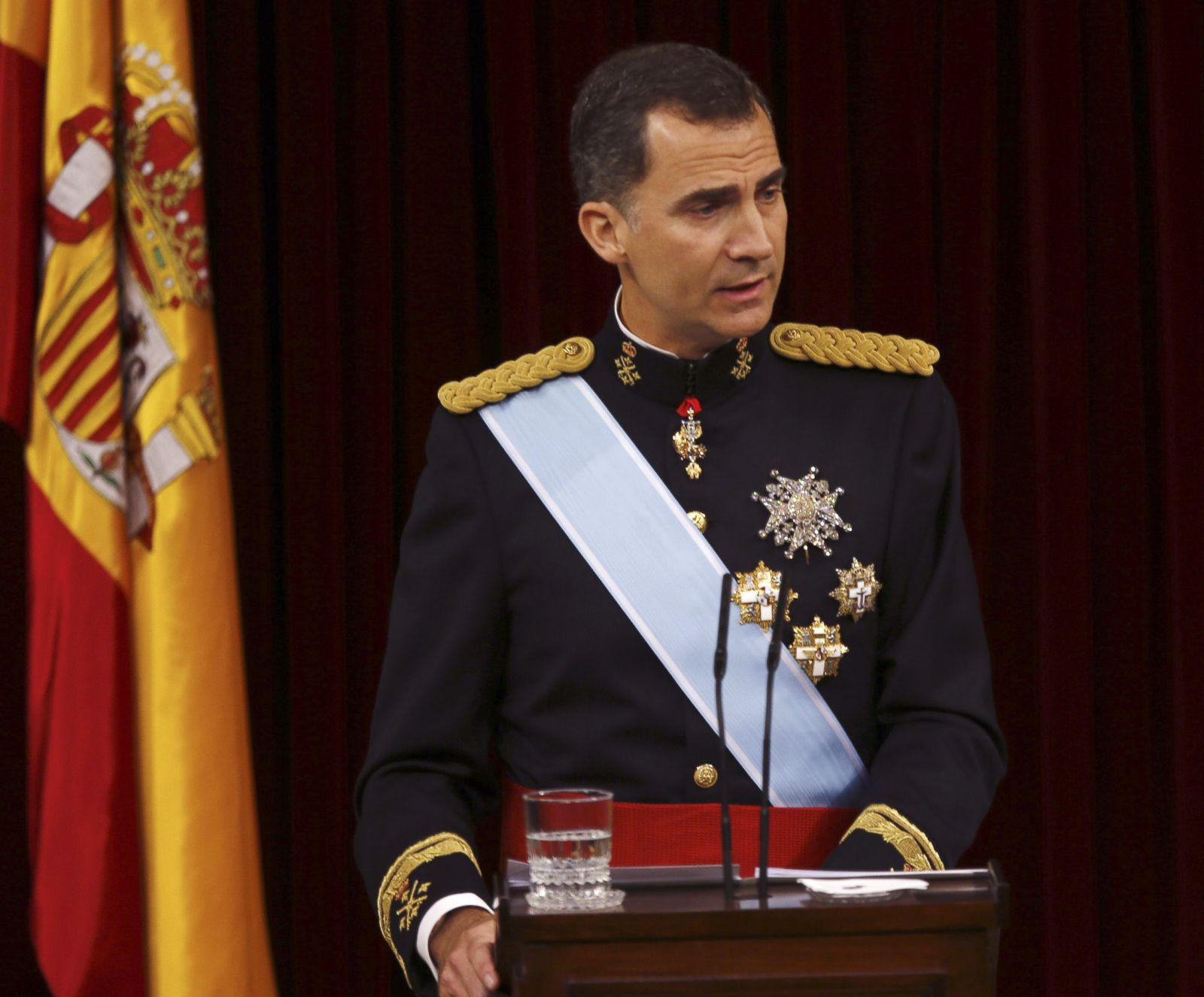Historical Reign and Legacy

The reign of the King of Spain spanned a period of significant historical events and accomplishments, leaving a lasting legacy on the nation’s history and culture.
Reign and Accomplishments
During his rule, the King of Spain oversaw a period of economic prosperity and territorial expansion. He led successful military campaigns that extended the Spanish Empire’s reach across Europe and the Americas.
The King of Spain’s recent visit to the United Kingdom has sparked a flurry of media attention, particularly regarding his interactions with Prince Harry. The two royals have a long-standing friendship, and their warm embrace during the visit was a testament to their close bond.
The King of Spain’s visit also highlighted the strong ties between the two countries, a bond that has been forged over centuries of shared history and culture.
His reign also witnessed significant cultural achievements, including the patronage of the arts and sciences. He commissioned grand architectural projects and supported the work of renowned artists and scholars.
King Felipe VI of Spain is known for his progressive views and support for environmental causes. In fact, he is a strong advocate for sustainable development and has worked closely with Robert F. Kennedy Jr. , an environmental activist and son of the late U.S.
Senator Robert F. Kennedy. Together, they have raised awareness about the importance of protecting our planet and have pushed for policies that promote renewable energy and reduce pollution.
Historical Context and Impact
The King of Spain’s reign took place during a period of European religious and political upheaval. He played a key role in the Catholic Reformation, strengthening the power of the Catholic Church within his realm.
His policies and actions had a profound impact on the development of Spanish society. He established a centralized government and implemented reforms that modernized the country’s administration and economy.
Legacy and Influence, King of spain
The King of Spain’s legacy extends beyond his own lifetime. He is remembered as a powerful and influential monarch who shaped the course of Spanish history.
His reign left a lasting mark on Spanish culture, language, and institutions. The Spanish language and culture spread throughout the Americas and beyond, carrying with them the influence of his reign.
Cultural and Symbolic Importance: King Of Spain

The King of Spain holds a profound cultural and symbolic significance within the nation. As the embodiment of the Spanish monarchy, the King represents the country’s heritage, unity, and aspirations.
Traditions, ceremonies, and rituals play a pivotal role in upholding the monarchy’s symbolic power. The King’s coronation, for instance, is a grand spectacle that showcases the continuity of the Spanish Crown and the transition of power.
The Spanish Crown and Royal Regalia
The Spanish crown, known as the “Corona Real,” is an iconic symbol of the monarchy. Crafted from gold and adorned with precious stones, the crown represents the King’s authority and the sovereignty of the Spanish state. It is used during official ceremonies and state occasions.
Other royal regalia, such as the scepter and orb, also carry symbolic significance. The scepter represents the King’s temporal power, while the orb symbolizes his spiritual authority.
Current Role and Responsibilities
:max_bytes(150000):strip_icc():focal(999x0:1001x2)/king-filipe-vi-b7ac0e8029c64853af1dd4d8ca06dd61.jpg)
The King of Spain holds a constitutional role as the head of state and symbol of national unity. The current monarch, King Felipe VI, ascended to the throne in 2014 following the abdication of his father, King Juan Carlos I.
Official Duties and Responsibilities
The King’s official duties and responsibilities include:
- Sanctioning and promulgating laws passed by the Spanish parliament (Cortes Generales)
- Appointing the Prime Minister and other government officials
- Representing Spain at official functions and diplomatic events
- Commanding the armed forces as the Supreme Commander
- Granting pardons and exercising the right of grace
Political and Social Influence
While the King’s role is largely ceremonial, he retains significant political and social influence in modern Spain. He acts as a guarantor of the constitution and plays a role in mediating conflicts and fostering national unity. The monarchy also remains a popular institution, with a majority of Spaniards expressing support for the continuation of the monarchy.